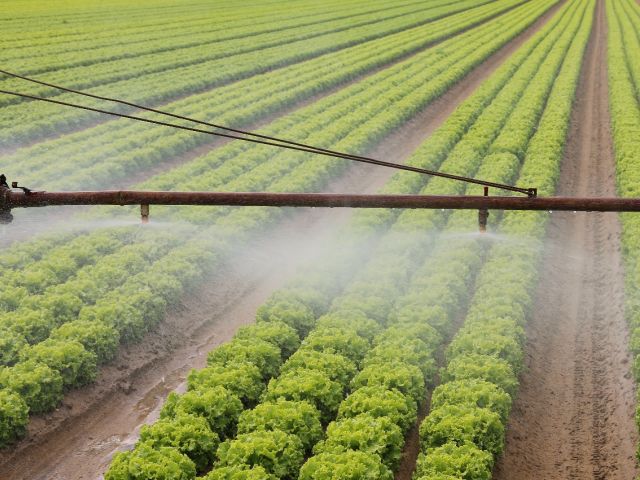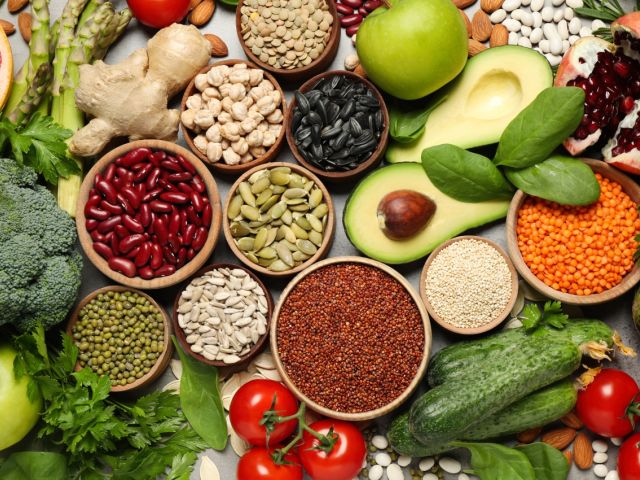WASHINGTON – A shocking new report by the Government Accountability Office published on Monday reveals an alarming surge in the cost of the federal Crop Insurance Program, with wealthy farmers, insurance agents and companies each reaping millions of dollars in 2022, at the expense of hardworking taxpayers.
The report, requested by Sen. Cory Booker (D-N.J.), underscores a disturbing trend of fiscal irresponsibility, a lack of transparency and a blatant waste of taxpayer dollars within the federal Crop Insurance Program administered by the Department of Agriculture.
The most shocking findings from the report: The top 1 percent of crop insurance policyholders, farmers with the highest incomes, got over $2.5 billion in premium subsidies in 2022 – an average of almost $500,000 per farm. The 19 largest policyholders each received more than $3 million in subsidies, with the recipient who received the most taking in $7.7 million in 2022 alone.
The following is a statement from EWG’s Senior Vice President for Government Affairs Scott Faber:
It’s unfair to the vast majority of farmers – not to mention taxpayers – that some farmers are receiving more than $3 million in government subsidies to buy crop insurance. Fourteen times, crop insurance companies earned commissions over $1 million per policy, to cover some of America’s largest farms.
EWG is proud to endorse Sen. Booker’s Insuring Fairness for Family Farmers Act and calls on Congress to pay attention to how the Crop Insurance Program is enriching a few at the expense of the rest.
EWG’s Midwest Director and agricultural economist Anne Schechinger said:
This report confirms what EWG has found – that one-third of the cost of the Crop Insurance Program, around $3 billion a year, goes to insurance companies instead of farmers. This money goes to just 13 companies, 9 of which are publicly traded corporations, worth billions of dollars, whose CEOs make millions of dollars every year.
Crop insurance companies are making billions of dollars each year, while some small farms cannot even get access to crop insurance policies. Congress needs to address the record profits being made by crop insurance companies, and instead use some of that money to improve insurance access for small, diversified but struggling farms.
###
The Environmental Working Group (EWG) is a nonprofit, non-partisan organization that empowers people to live healthier lives in a healthier environment. Through research, advocacy and unique education tools, EWG drives consumer choice and civic action.



544c.jpg)